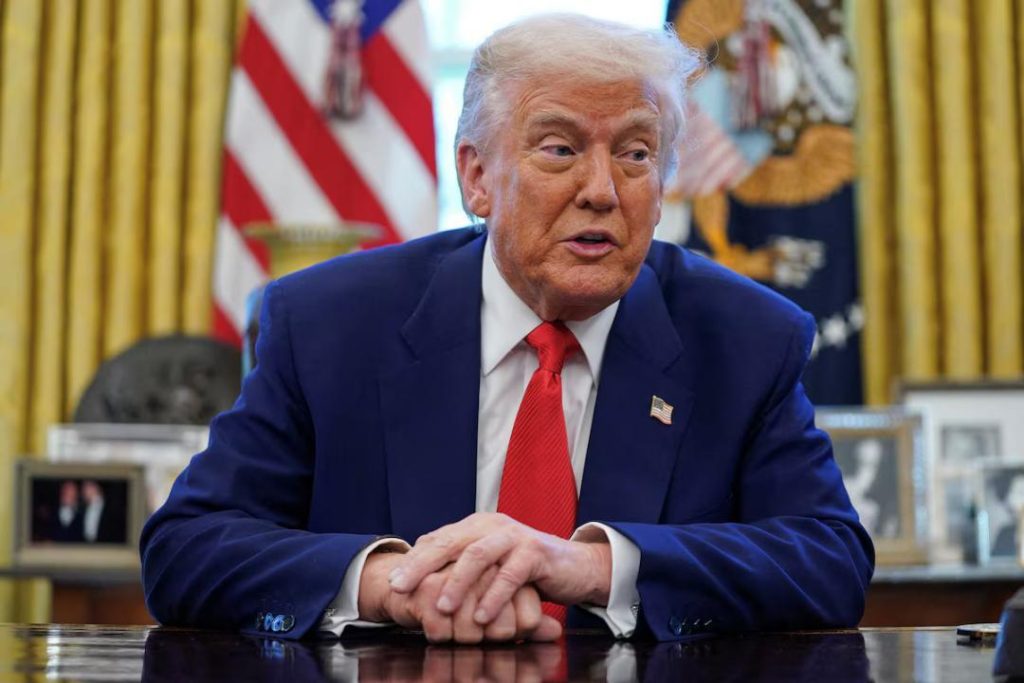
Total Reset Negotiated: Donald Trump on US & China Trade Talks
In a significant development, the United States and China have made significant progress in their trade talks, with US President Donald Trump declaring a “total reset negotiated in a friendly, but constructive manner.” The talks, which took place in Geneva, Switzerland, aimed to resolve long-standing trade tensions between the world’s two largest economies.
According to reports, the trade talks, which began on May 10, 2025, focused on issues such as intellectual property protection, technology transfers, and market access. Trump, who has been a vocal critic of China’s trade practices, expressed optimism about the outcome, stating that the talks had gone well.
“We want to see, for the good of both China and the US, an opening up of China to American business,” Trump emphasized. This sentiment was echoed by Chinese officials, who highlighted the importance of cooperation and mutual benefit in the talks.
The negotiations, which were initially expected to be tough and contentious, took a surprising turn, with both sides appearing to have found common ground. Trump’s comments, which were made during a press conference, indicate a shift in the tone and direction of the talks.
So, what does this mean for the US-China trade relationship? In the short term, the developments are likely to lead to a temporary easing of tensions and a possible relaxation of tariffs. However, the real significance of the talks lies in their potential to reshape the trade landscape and create new opportunities for businesses on both sides.
For the US, a successful outcome would mean increased access to the Chinese market, which has long been a goal for American businesses. China, on the other hand, would benefit from increased investment and cooperation with the US, which could help drive economic growth and development.
The talks also come against the backdrop of a broader global economic landscape, which is characterized by rising protectionism and trade tensions. The success of the US-China talks could have a ripple effect, influencing the trajectory of global trade and economic policy.
In the longer term, the implications of the talks are far-reaching. A total reset in the US-China trade relationship could lead to a new era of cooperation and cooperation, marked by increased investment, trade, and economic integration.
However, there are also risks and challenges that need to be addressed. For example, the Chinese government’s track record on intellectual property protection and market access has been a major sticking point in previous trade talks. Any deal must ensure that these issues are addressed and that the US-China trade relationship is based on a level playing field.
Furthermore, the talks have also raised concerns about the impact on global trade and the economy. A US-China trade deal could lead to a shift in global supply chains and trade patterns, potentially benefiting some countries and industries at the expense of others.
In conclusion, the total reset negotiated between the US and China is a significant development that has the potential to reshape the trade landscape and create new opportunities for businesses on both sides. While there are risks and challenges that need to be addressed, the outcome of the talks is likely to have far-reaching implications for global trade and economic policy.
Source:
https://www.reuters.com/world/china/china-us-trade-talks-begin-geneva-2025-05-10/






